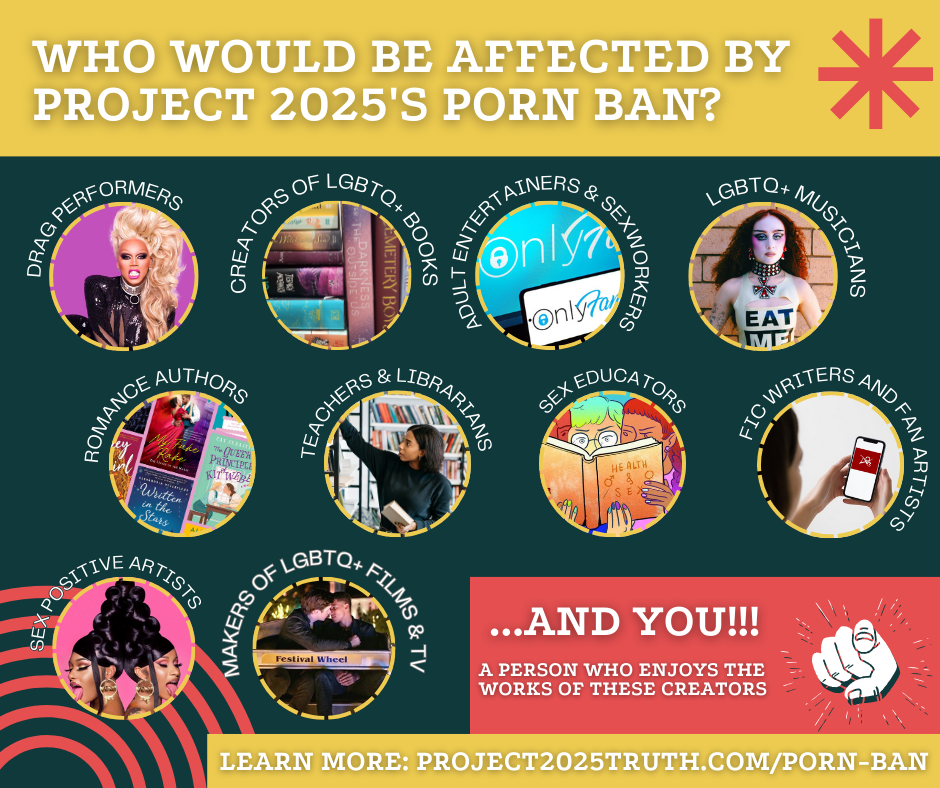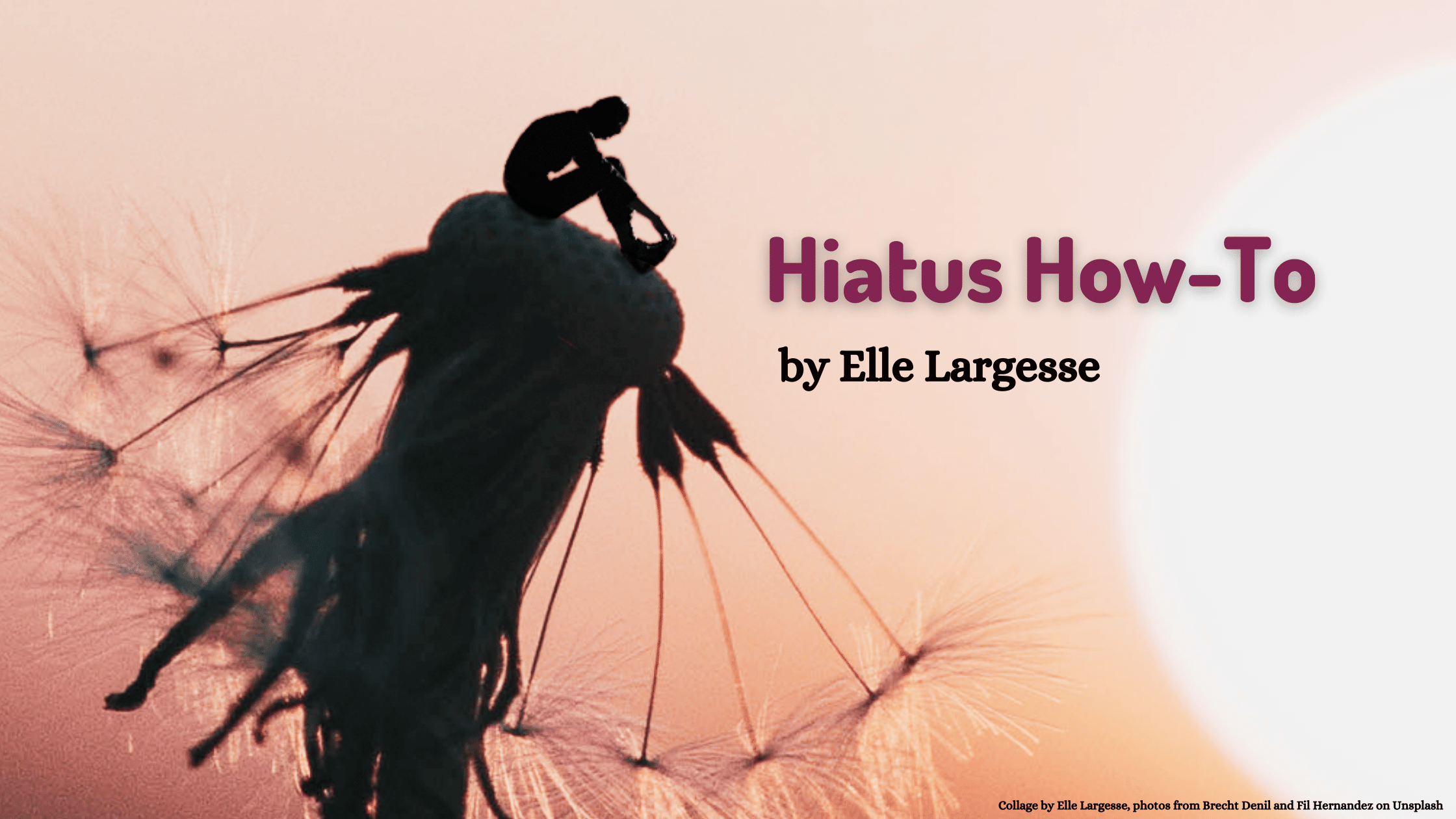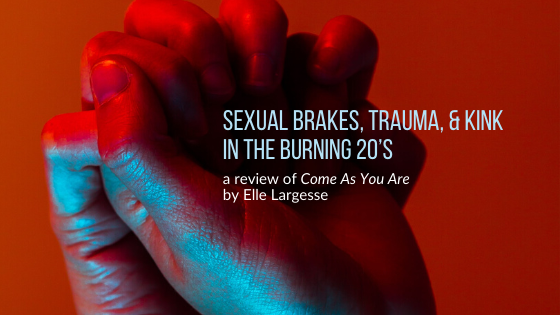I’m writing to offer an update, a pep talk, and a reminder about some resources that might be helpful right now. This is longer than I intended, which is very in-character for me, and it’s also shorter and less polished than I want it to be, because I am honoring my limits today.
If you’re here to contribute to the mutual aid effort I made this weekend for SizeCon event supplies, scroll to the section below Protect is a verb.
Content tags: this article discusses mental health, COVID, wildfires, censorship and banning books erotic content, and activism efforts against fascism. As always, I welcome help in tagging—please let me know when I have missed anything important.
Personal update
I’ve been on hiatus for many months now due to a bad writing-related injury. Creatives—please take steps to care for your hands and arms as you work. Especially if you live in the US and have to rely on our “healthcare” system to see you through it. Don’t risk it!
My hiatus is also due to the fact that I feel caught in limbo between the platforms of Twitter and BlueSky because I don’t have the capacity to transfer over hundreds of muted words. My mental health has been so rough that I can’t really join the transition to #SizeSky until I figure that out. (I did offer some tips here.) I’m glad that muting became a feature last year, but until I can manage to face a wall that was built, brick by brick, of my hard-limit content, I’m feeling back to square one.
I’ve been making slow, small progress in backing up my stories to Archive of Our Own, AO3, the platform that actually won a Hugo back in 2019. It’s largely for fanfiction, but many original creative works live there too, and a surprising number of my most beloved authors seem to have made their start there. If you want to support me creatively right now, then offering kudos, comments, and bookmarks to my stories on AO3 will help me connect with my audience.
I’m not planning to share anything there that won’t be living here on my website as well, but in this uncertain world where romance authors can be locked out of their own Google Drive accounts, and where Project 2025 is taking aim at all explicit sexual content, it seems wise to at least try to have my content in multiple places. I’m backing up my work and website on external hard drives and the cloud, but honestly after the loss of Tumblr in 2018 I don’t trust any platform completely. Have you backed up your work?
Update on porn & book bans
Please watch this 9-minute video on Project 2025 as it is urgently relevant to romance writers, erotica writers, librarians, sex workers, and anyone who reads or consumes romance novels or porn. Quoting from Project 2025:
Pornography should be outlawed. The people who produce and distribute it should be imprisoned. Educators and public librarians who purvey it should be classed as registered sex offenders. And telecommunications and technology firms that facilitate its spread should be shuttered.
Project 2025, page 5
Source for the direct quote here, with longer quotes, definitions, and additional analysis. The book ban has already begun in Oklahoma and Florida:

What to do
If, like me, you are confused, exhausted, and overwhelmed, I’m going to offer some resources for what to do.
My top tip? You don’t need to reinvent the wheel. Look for the helpers. Look for people already doing the work and ask what they need. Then the leadership can come from those closest to the issues and most familiar with the nuances and actions that are most helpful.




